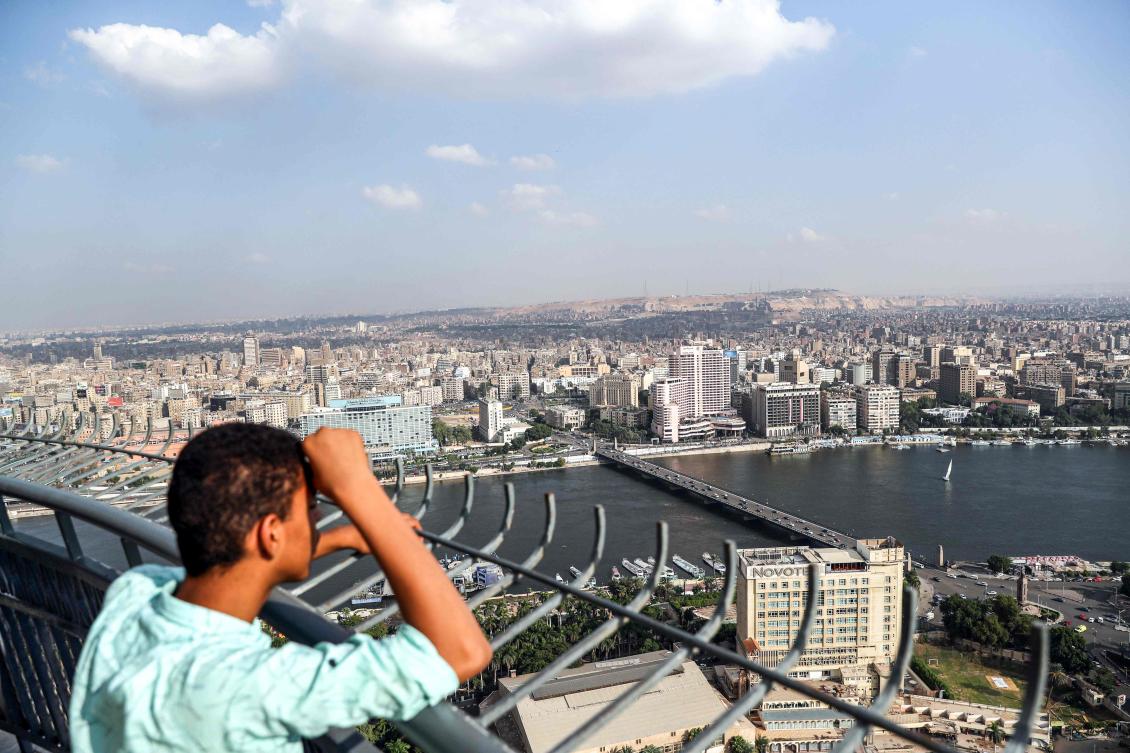Moment of truth rapidly approaching for Iraq PM Abdul Mahdi
BAGHDAD: Whether or not the government of Prime Minister Adel Abdul Mahdi can survive the unrest in Iraq is likely to depend on how his allies and opponents respond to the protests and to the resultant demands of influential Shiite cleric Muqtada Al-Sadr, politicians and analysts told Arab News on Wednesday.
There have been mass demonstrations in Baghdad and seven southern, Shiite-dominated provinces since the beginning of October in protest against corruption, high unemployment and a lack of basic day-to-day services. Abdul Mahdi and his allies ordered a brutal crackdown on the protesters, killing at least 147 and injuring more than 7,000. This succeeded in halting the demonstrations for two weeks.
However, the protesters returned to the streets last Friday in even greater numbers after domestic and international pressure led to a pledge from security forces that they would not use live ammunition against demonstrators. Even so, at least a further 100 people were killed and more than 5,500 injured according to the Iraqi Higher Commission of Human Rights, in clashes with guards at the offices of political parties and armed factions, during which the buildings were attacked and set on fire.
The resumption of the protests was accompanied by additional demands, including the resignation of Abdul Mahdi’s government, changes to election law and early parliamentary elections.
Al-Sadr, who controls the largest parliamentary bloc and the biggest armed faction in Iraq, has announced his support for the demands of the demonstrators. He has millions of followers and the ability to mobilize large numbers to join the protests. In a message published by his office on Sunday, he called on Abdul Mahdi to resign and call early, UN-supervised parliamentary elections, appoint new members of the Independent High Electoral Commission, and change the country’s electoral laws.
On Tuesday, Abdul Mahdi responded by saying that his position as prime minister was decided by political and parliamentary consensus, in which Al-Sadr and his allies were key partners.
This response, seen by some as a “blatant” and “unprecedented” challenge to Al-Sadr, hastened the return of the cleric from Iran. He flew to Najaf hours later and went straight from the airport to join the protests in the heart of the city.
In addition to adding momentum to the demonstrations with his presence, he also called on Hadi Al-Amiri, leader of the Iran-backed Al-Binna’a coalition, the second largest parliamentary bloc, and the biggest ally of Abdul Mahdi, to work with him to force Abdul Mahdi from office and address the demands of the demonstrators.
Al-Amiri responded to this request late on Tuesday evening after a three-hour meeting with his Shiite allies. In a letter sent to the media, he said: “We will work together to achieve the interests of the Iraqi people and save the country.”
A prominent Shiite commander who participated in the meeting told Arab News: “The meeting was limited to the leaders of Al-Fattah (the political wing of the pro-Iranian armed factions) to discuss how to response to Al-Sadr’s request.
“Adel (Abdul Mahdi) is finished; we were not discussing this. This (his dismissal) is something that was agreed upon some time ago. The problem now is how to announce this. All the leaders of the armed factions have problems with Al-Sadr and their disputes with him have existed for years. None of them wants to give him a popular or political victory.”
Al-Sadr on Wednesday said that the response from Al-Amiri and his allies suggested that “the resignation of Abdul Mahdi now will deepen the crisis.”
However, in a direct message to Al-Amiri and his allies, Al-Sadr added: “The survival of Abdul Mahdi (as PM) means more bloodshed and the transformation of Iraq to another Yemen or Syria, therefore I will not participate in any more alliances with you.”
A prominent Shiite leader familiar with the negotiations said: “Al-Fattah leaders have abandoned Abdul Mahdi … but they want to teach Al-Sadr a lesson and do not want to surrender to him too easily. They are now seeking to procrastinate and buy time, and will continue to publicly state their support for Abdul Mahdi until the last possible moment.
“After a while, they will sit down with Al-Sadr to agree a new government — but I suspect that before then, Abdul Mahdi might preempt them and resign.”

Iraq prime minister’s fate in limbo as crowds of demonstrators swellCleric Al-Sadr urges rivals to help oust Iraq’s prime minister



